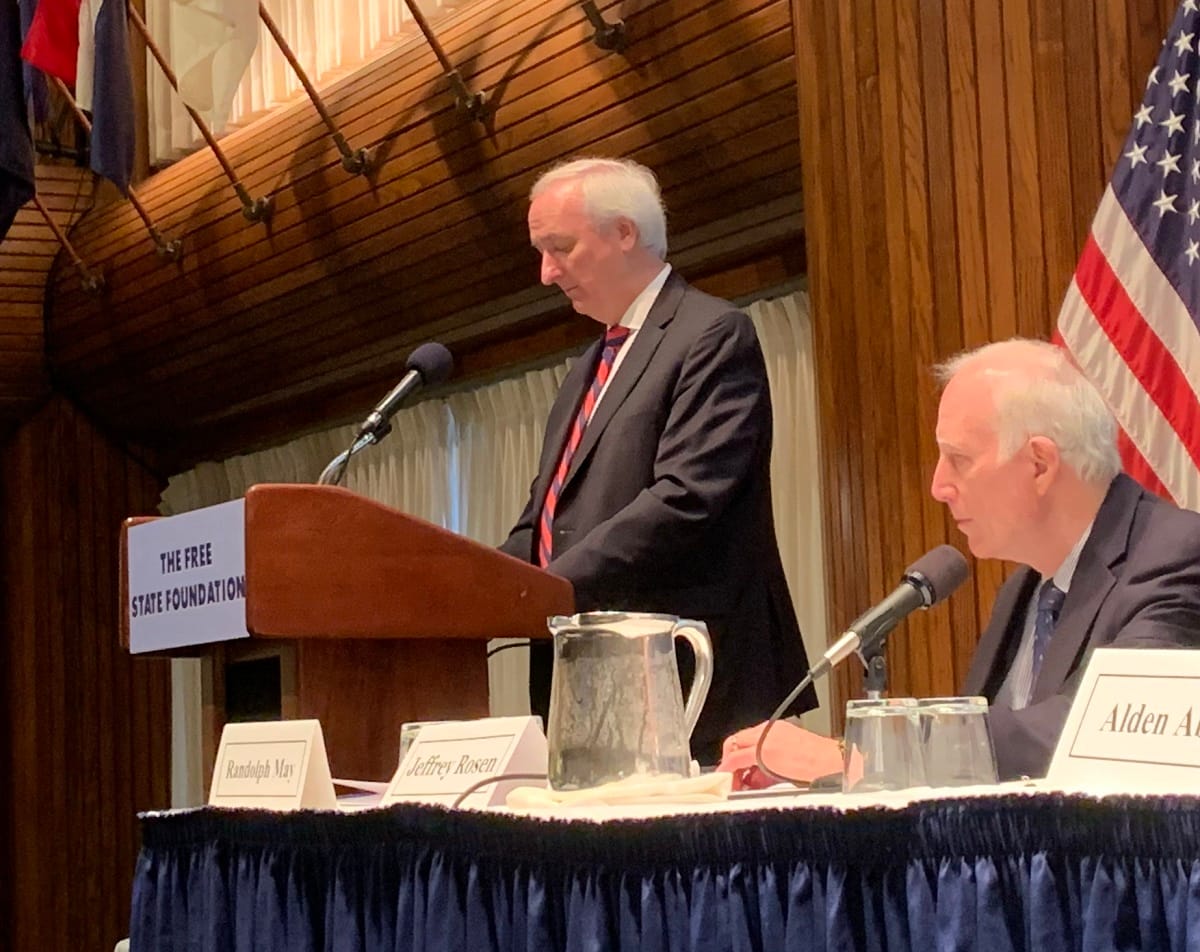Deputy Attorney General Blames Big Tech for Using Section 230 to ‘Enable Harm’
WASHINGTON, March 12, 2020 – “Is this third industrial revolution over? And if so, why?” That was the question Deputy Attorney General Jeffrey Rosen posed to the attendees of the Free State Foundation conference on Tuesday. “Some say innovation in the U.S. has been on the decline for the past two de









Member discussion